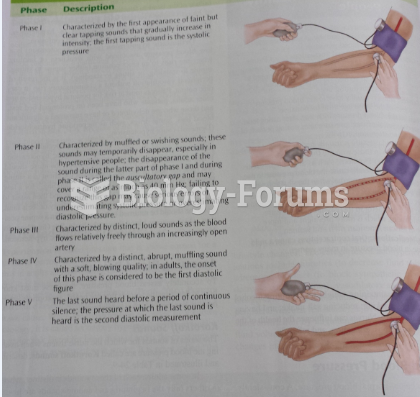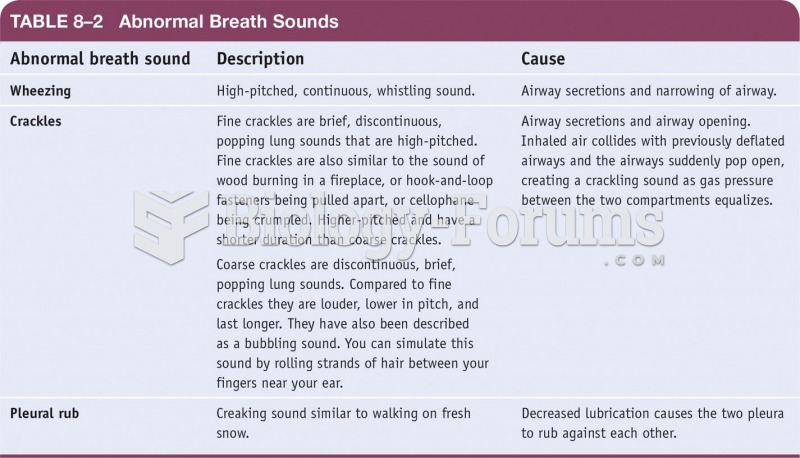Answer to Question 1
B
Answer to Question 2
As relationships develop, the people involved continue to learn about each other and themselves, as represented by the Johari Window. Area I, the free or open area, represents what we know about ourselves and what others know about us. Area II, the blind area, designates those things others know about us but that we do not know about ourselves. For example, you are the only person who cannot see your physical self as it really is. Things we know about ourselves but that others do not know about us occupy the hidden or secret area III. Area IV includes the unknown: things we do not know about ourselves and others do not know about us, such as our ability to handle emergency situations if we have never been faced with them.
Each of the window areas can vary in size according to the degree to which we learn about ourselves and are willing to disclose things about ourselves to others. Reciprocal sharing occurs when people develop trust in each other. When a confidant demonstrates that he or she can be trusted, trust is reinforced and leads to an expansion of the open area of the Johari Window. Usually we are willing to tell people about various things that are not truly personal. But we share personal thoughts, ambitions, and inner feelings only with selected othersthose whom we have learned to trust. The relationships existing between supervisor and employee, doctor and patient, and lawyer and client are those of trust, but only in specific areas. In more intimate relationships with significant others, siblings, and parents, deeper, personal feelings are entrusted to each other.
The idea that trust and openness lead to better communication between two people also applies to groups. Managers engaged in organizational development (OD) are concerned with developing successful organizations by building effective small groups. They believe small-group effectiveness evolves mostly from a high level of mutual trust among group members. The aim of OD is to open emotional as well as task-oriented communication. To accomplish this aim, groups often become involved in encounter sessions designed to enlarge the open areas of the Johari Window.







